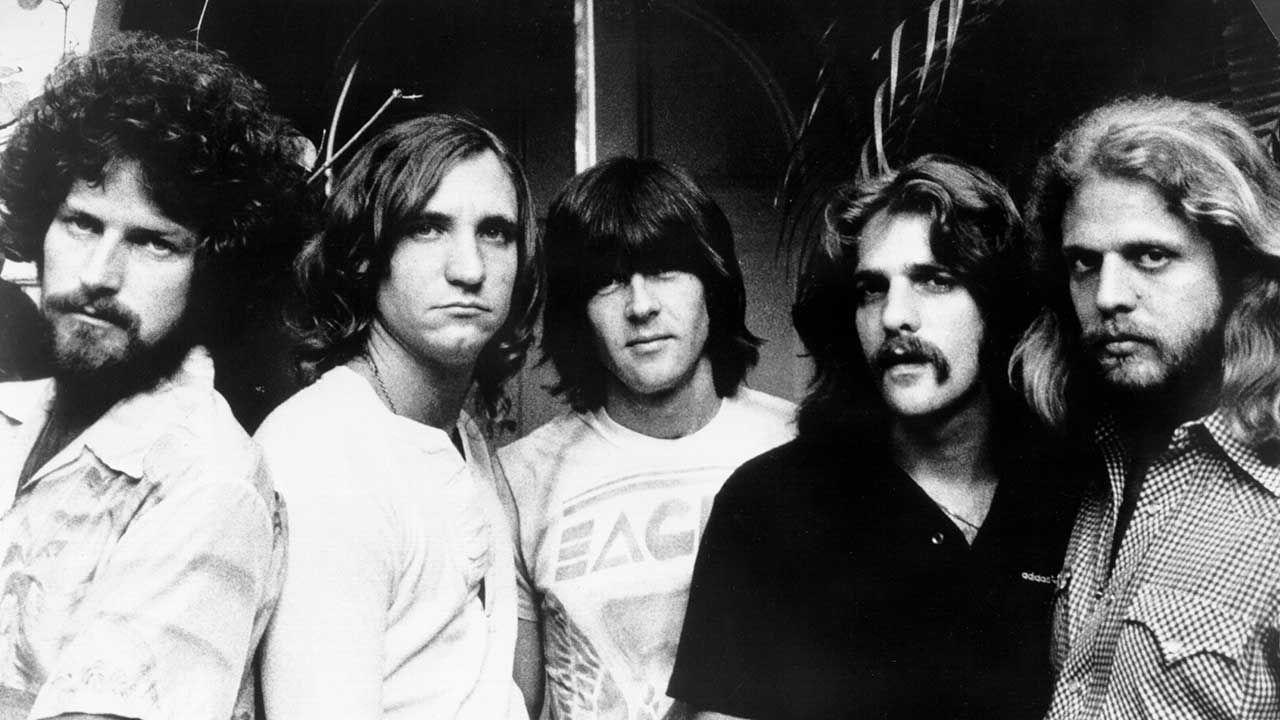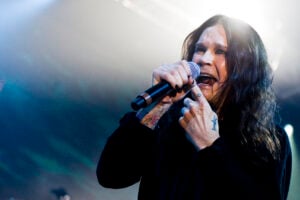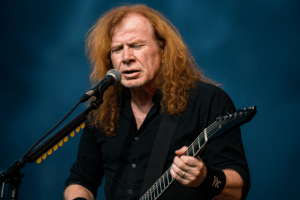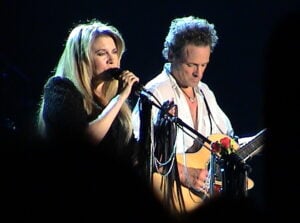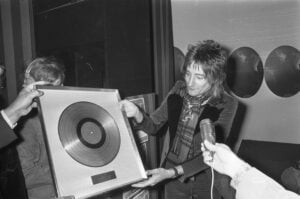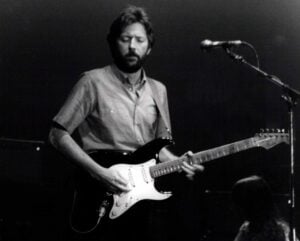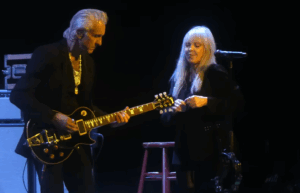The 15 American Rock Bands That Made 1970s Rock n’ Roll
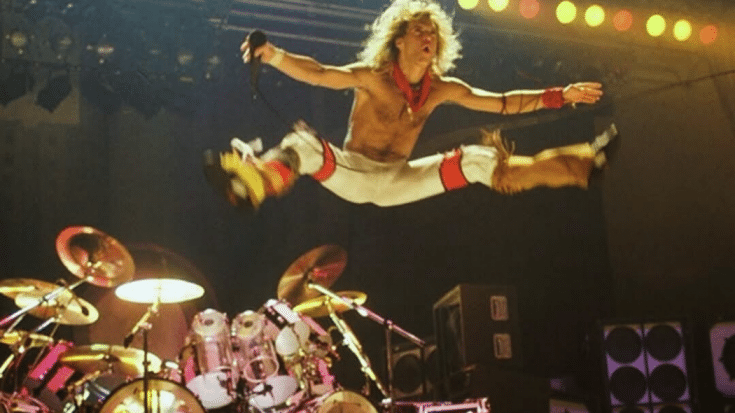
via 80sruledtheworld / Instagram
The ’70s were a golden age for American rock bands, and this list of the Top 15 proves just how much the genre evolved. With FM radio on the rise, rock had room to stretch out—longer songs, deeper lyrics, and bolder sounds found a home, while AM still cranked out the catchy hits. From the Southern jams of the Allman Brothers and Lynyrd Skynyrd to the edgy energy of the Ramones and Blondie, the decade delivered it all. This list sticks to full bands (no solo stars) from 1970–1979, made up entirely of American members—so expect legends, not loopholes.
1. The Beach Boys
Most people think of the Beach Boys as a ’60s surf band, but their story didn’t end there. While Pet Sounds (1966) remains their crown jewel, the early ’70s brought some underrated gold. Albums like 1971’s Surf’s Up showed a more reflective, mature sound, and 1973’s Holland introduced fresh energy with new contributors. These records proved the band still had something meaningful to say. Sure, things got rocky later on, but during those early ’70s years, the Beach Boys weren’t just surviving the times—they were evolving with them.
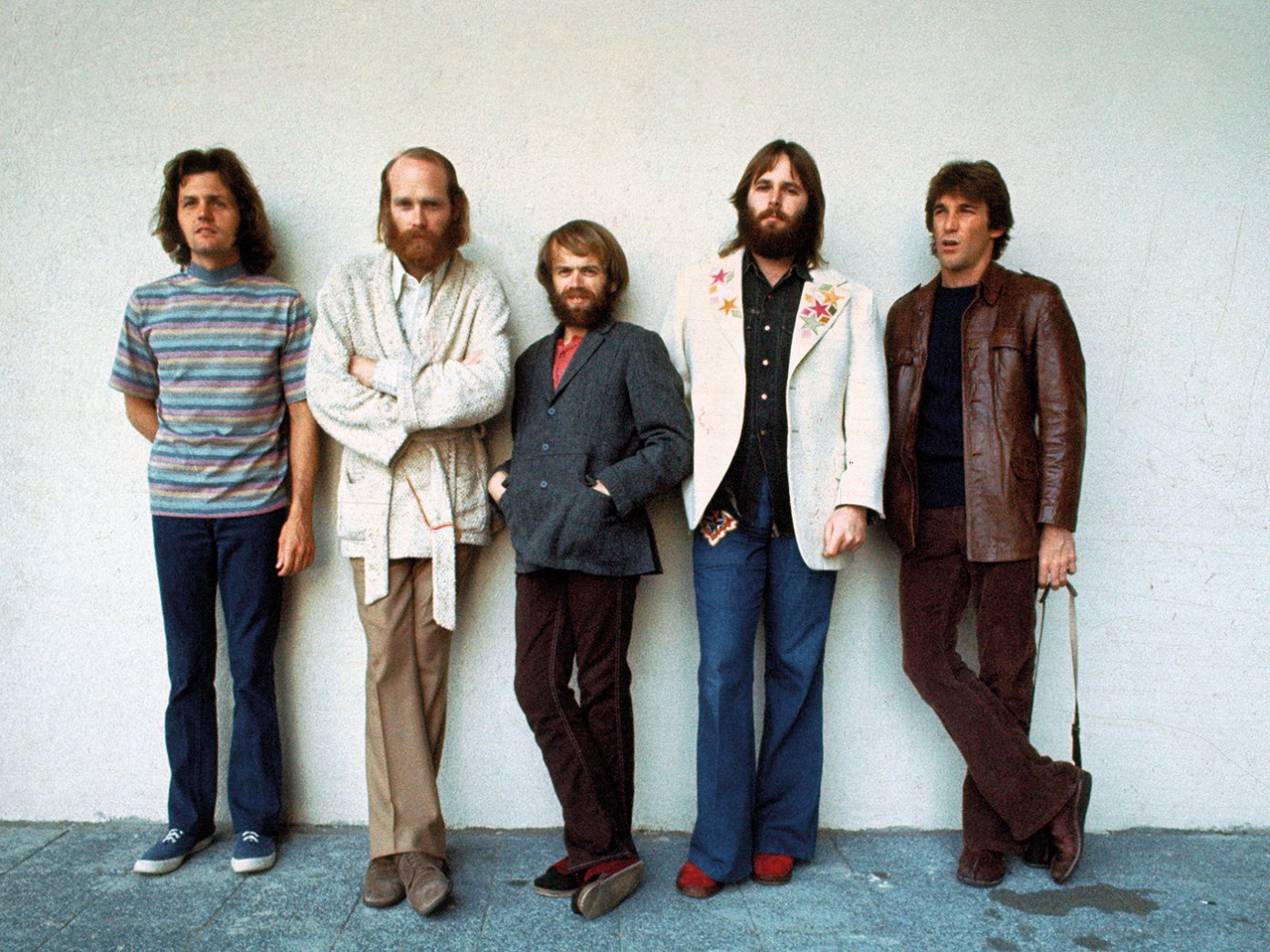
2. Chicago
Few bands worked harder in the ’70s than Chicago. They cranked out 10 studio albums during the decade—almost all of them going platinum—and racked up hits like “Saturday in the Park,” “25 or 6 to 4,” and the No. 1 ballad “If You Leave Me Now.” Their popularity even earned them a week-long, sold-out run at Carnegie Hall, captured on the massive Chicago at Carnegie Hall live album. But it wasn’t all smooth sailing—1978 brought the loss of longtime manager James William Guercio and the tragic accidental death of guitarist Terry Kath. Still, the ’70s cemented Chicago as rock powerhouses.
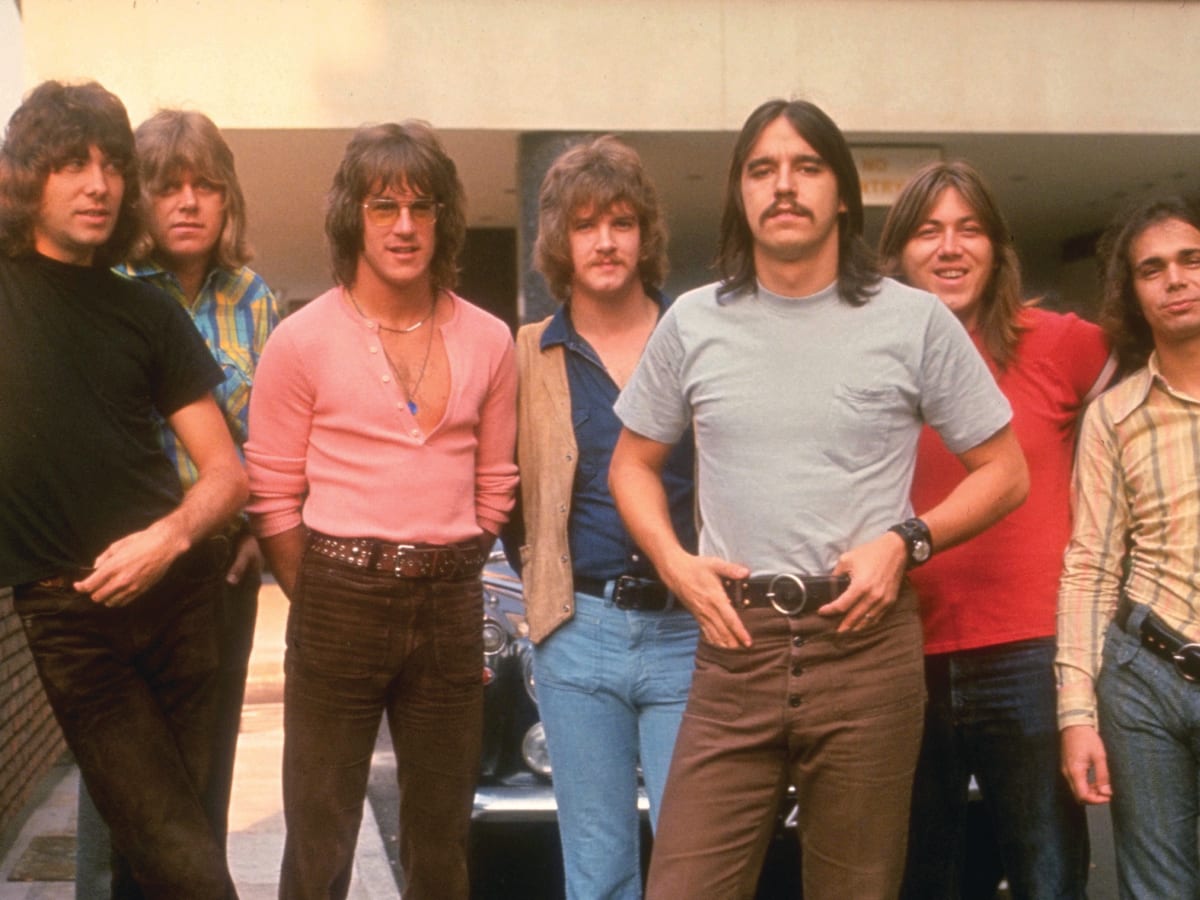
3. Journey
Journey didn’t begin as the arena rock giants we know today—they actually started as a jazz fusion band, formed by ex-Santana members Neal Schon and Gregg Rolie. With a rotating lineup of Bay Area talent, their early work didn’t catch fire. After three underwhelming albums, Columbia Records pushed for a more radio-friendly sound. Enter Steve Perry in late 1977. His powerhouse vocals helped shift the band’s style, and by the end of the decade, Journey landed their first Top 20 hit with “Lovin’, Touchin’, Squeezin’.” It was just the beginning of a hit-filled run that would define their legacy.

4. The Doors
The ’70s began with promise for The Doors but quickly turned tragic. On July 3, 1971, Jim Morrison was found dead in his Paris apartment—officially from heart failure, though many suspect a heroin overdose. His erratic behavior had worsened, and his final show ended with him smashing the stage and refusing to finish the set. Still, the band kicked off the decade strong with 1970’s Morrison Hotel, a gritty return to blues-rock, and 1971’s L.A. Woman, featuring the haunting classic “Riders on the Storm.” After Morrison’s death, the remaining members released a few albums, but the magic faded without their iconic frontman.

5. The Grateful Dead
While The Grateful Dead built their name in the psychedelic haze of the ’60s, the early ’70s saw a shift toward tighter, rootsier songwriting. Their 1970 albums Workingman’s Dead and American Beauty traded trippy jams for acoustic guitars and harmonies—and remain fan favorites to this day. But the real magic of the Dead in the ’70s was onstage. Their live shows became legendary, turning extended improvisation into an art form and building a devoted fanbase that followed them from city to city. The decade set the stage for their long-lasting legacy as one of rock’s most beloved live bands.

6. Santana
After making waves at Woodstock in 1969, Santana kicked off the ’70s as a true rock powerhouse. Their 1970 album Abraxas became their first No. 1 and held the title as their best-seller until 1999’s Supernatural. With hits like “Black Magic Woman,” “Evil Ways,” “Oye Como Va,” and “She’s Not There,” the band blended Latin rhythms with rock and blues in a way no one else was doing. Led by guitar legend Carlos Santana, the group also launched the careers of future stars like Neal Schon and Gregg Rolie. Most importantly, Santana helped bring Latin rock into the mainstream and changed the sound of American music.
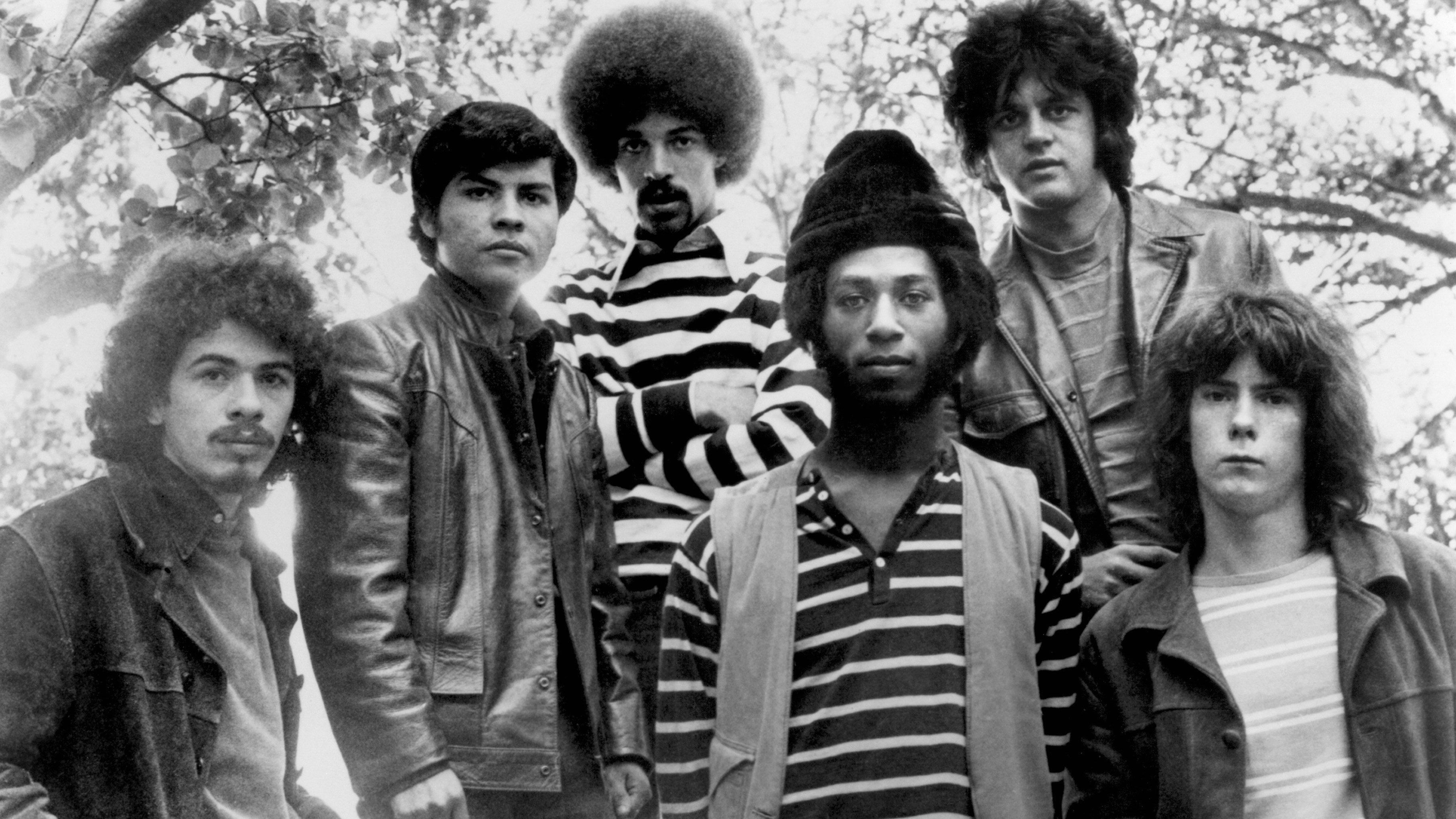
7. ZZ Top
ZZ Top kicked off the ’70s playing to a crowd of one—and ended the decade with a platinum record and a reputation as a must-see live act. Their 1979 album Degüello marked a turning point, but the journey there was anything but ordinary. From hauling livestock on tour to taking a mid-decade break that saw them return with their now-iconic beards, the Texas trio stayed true to their weird and wonderful style. Musically, they stretched their blues roots into something uniquely their own, setting the stage for the synth-infused success that would define their next chapter in the ’80s.

8. Van Halen
Van Halen burst onto the scene in 1978—just in time to shake up the last two years of the ’70s. With their first two albums, they didn’t just join the hard rock game—they changed it. Eddie Van Halen’s jaw-dropping guitar work stole the spotlight, but it was the band’s mix of heavy riffs, catchy hooks, and raw energy that made them unstoppable. Their live shows, sharpened by years in L.A. clubs, were electric enough to outshine big-name headliners like Journey and Black Sabbath. In just under two years, Van Halen set the stage for a decade of hard rock dominance.

9. Kiss
Love them or hate them, you can’t talk ’70s rock without mentioning Kiss. Bursting out of New York City with wild makeup and explosive stage shows, they built a fanbase one city at a time. Their early albums didn’t quite match their live energy—until 1975’s Alive! captured the chaos and catapulted them to superstardom. From there, Kiss went all-in: five more studio albums, solo records, a live sequel, and more merchandise than you could count. They even scored a disco-flavored hit with “I Was Made for Lovin’ You.” By decade’s end, they were massive—but also on the verge of burnout.
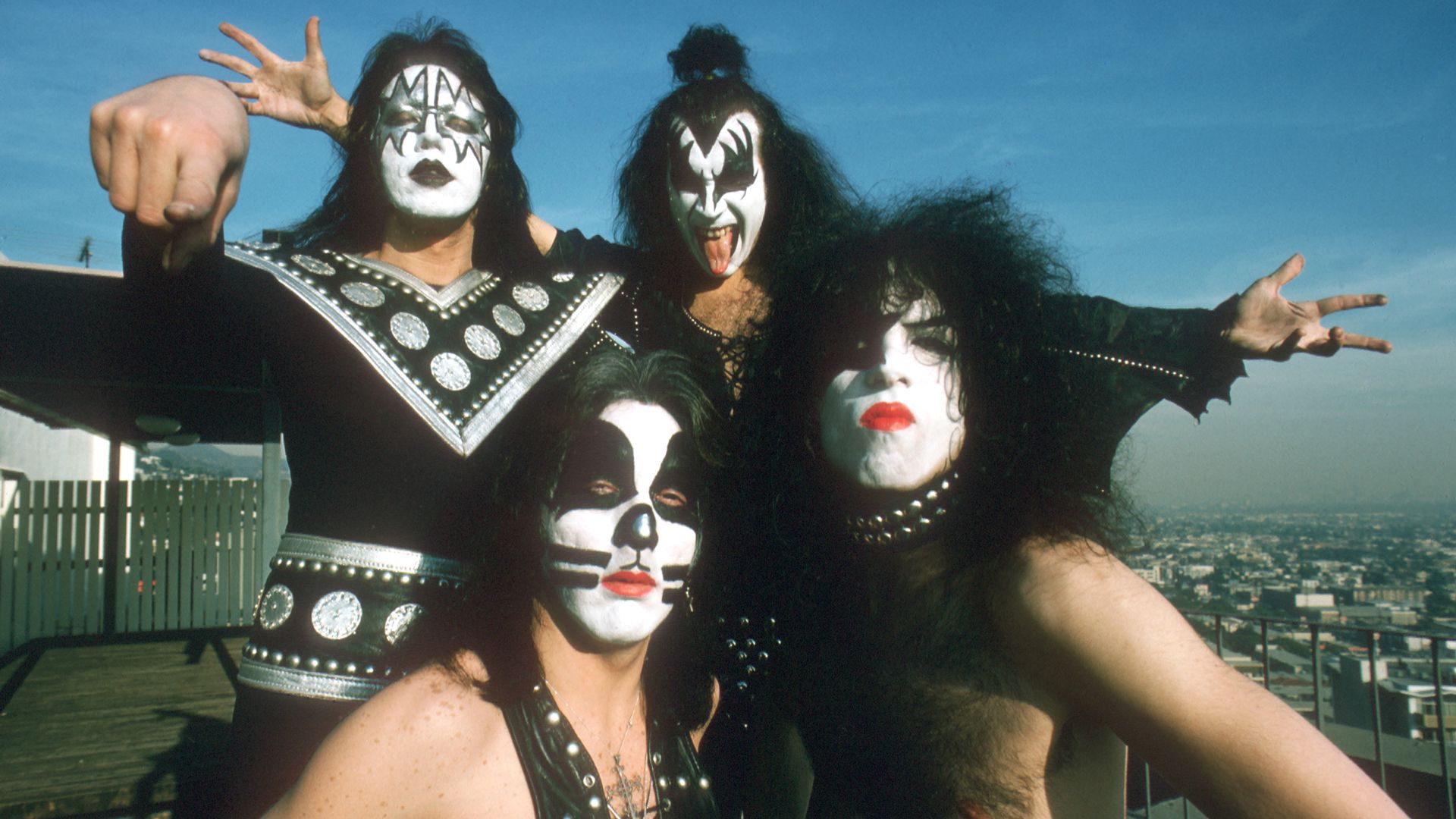
10. Creedence Clearwater Revival
After a huge year in 1969, Creedence Clearwater Revival kicked off the ’70s strong with Cosmo’s Factory and Pendulum. While Cosmo’s included several covers, it also featured John Fogerty’s finest originals like “Who’ll Stop the Rain,” “Lookin’ Out My Back Door,” and “Up Around the Bend.” Pendulum followed with hits like “Have You Ever Seen the Rain” and “Hey Tonight.” But trouble brewed when Tom Fogerty left and John let the rest of the band contribute songs. The result was 1972’s Mardi Gras, widely seen as their weakest album—and it marked the end of CCR’s remarkable run.
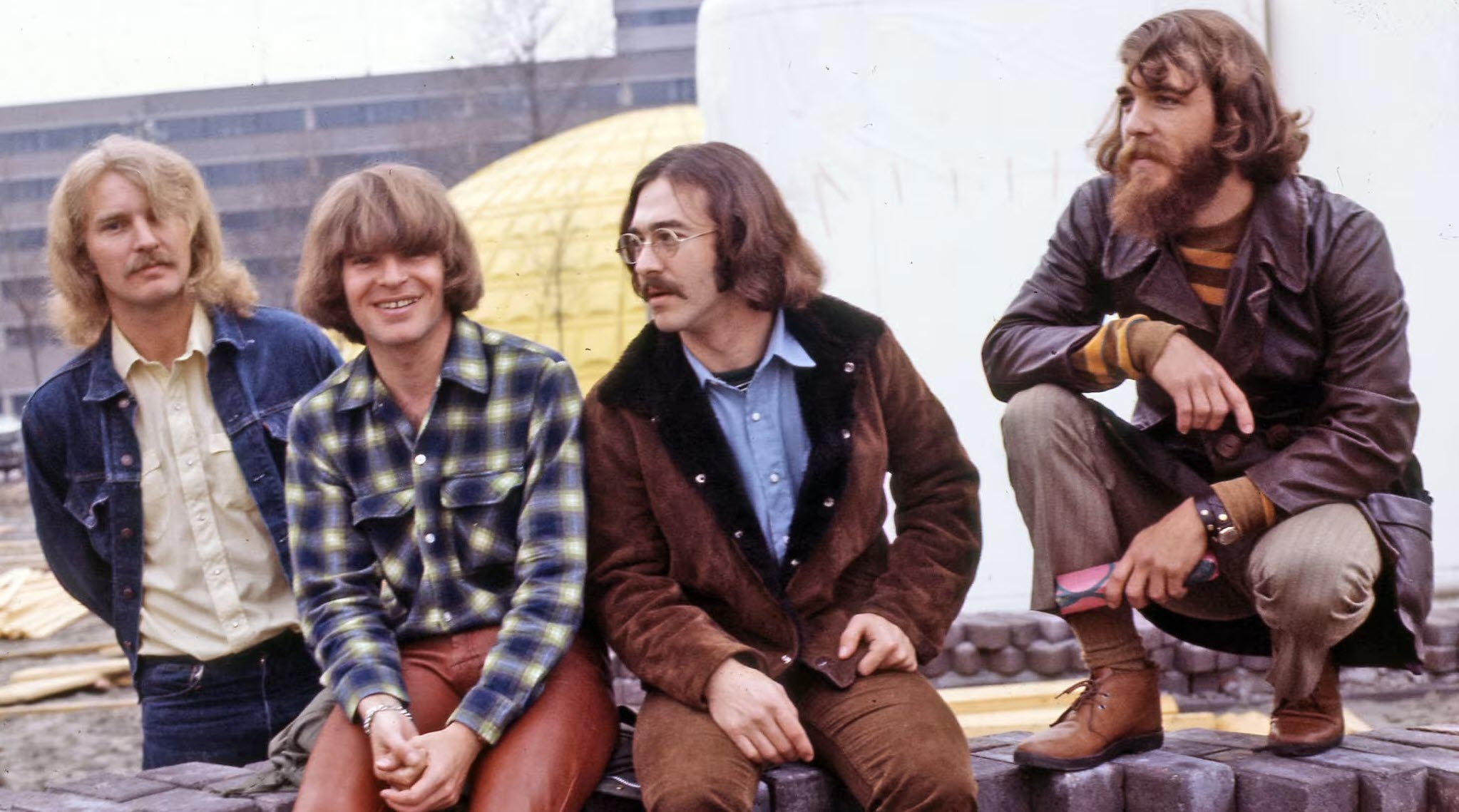
11. Ramones
In an era when rock was getting longer, heavier, and more serious, the Ramones showed up to blow it all up—with two-minute songs, blazing speed, and a love for ’60s pop hooks. Dressed in leather and loud as hell, they pulled from girl groups, surf rock, and early Beatles, cranking up the volume and stripping down the fluff. The Ramones didn’t just revive the raw spirit of rock—they invented punk. Their first four albums in the ’70s are lightning in a bottle: loud, fast, fun, and as close to perfect as rock ’n’ roll gets.
:max_bytes(150000):strip_icc()/ramones-5a20397a9802070036285575.jpg)
12. Aerosmith
Aerosmith owned the ’70s with six studio albums—each going platinum—and a string of hits that helped define the decade. From their 1973 debut to classics like “Dream On,” “Sweet Emotion,” “Walk This Way,” and “Back in the Saddle,” the Boston rockers built a reputation for swagger, grit, and unforgettable riffs. Toys in the Attic (1975) remains one of rock’s most iconic albums. But behind the scenes, things got messy. Drugs, infighting, and excess took their toll, and by 1979, tensions boiled over with Joe Perry leaving the band. Despite the chaos, Aerosmith’s ’70s run remains one of hard rock’s most legendary.
:max_bytes(150000):strip_icc():focal(999x0:1001x2)/Aerosmith-joe-Perry-Tom-Hamiton-Steven-Tyler-041224-10-40589be450784bc584725ea7c7c05642.jpg)
13. The Allman Brothers Band
The Allman Brothers Band pulled off something rare—breaking big with a live album. Their 1971 release At Fillmore East wasn’t just a career breakthrough; it helped put Southern rock on the map. But their rise was followed by heartbreak, as guitarist Duane Allman and bassist Berry Oakley died in motorcycle crashes just over a year apart. The band carried on, releasing three more albums between 1975 and 1979, though none quite matched their earlier magic. With internal struggles and substance issues creeping in, the ’70s were both their peak and their test—but their impact was already sealed.

14. Lynyrd Skynyrd
Lynyrd Skynyrd packed a legendary career into just a few short years in the ’70s. Between 1973 and 1977, they released five studio albums, a live LP, and two compilations—loaded with Southern rock staples like “Sweet Home Alabama,” “Simple Man,” “Saturday Night Special,” and the epic “Free Bird.” Their nonstop touring schedule—over 500 shows in five years—only added to their reputation as road warriors. But tragedy struck in 1977 when a plane crash claimed three band members, including frontman Ronnie Van Zant. Though the original lineup was lost, their music left a lasting legacy that still echoes through rock history.

15. Eagles
The Eagles started the ’70s as Linda Ronstadt’s backup band and ended the decade as global rock superstars. Their 1972 debut laid the groundwork for country-rock, but it was 1976’s Hotel California that solidified their legacy. With Joe Walsh’s fiery guitar work and lyrics that peeled back the gloss of the L.A. music scene, the album became an instant classic. That same year, Their Greatest Hits (1971–1975) was released—and went on to become one of the best-selling albums of all time. Blending smooth harmonies with sharp songwriting, the Eagles defined the sound of ’70s rock with unmatched success.
